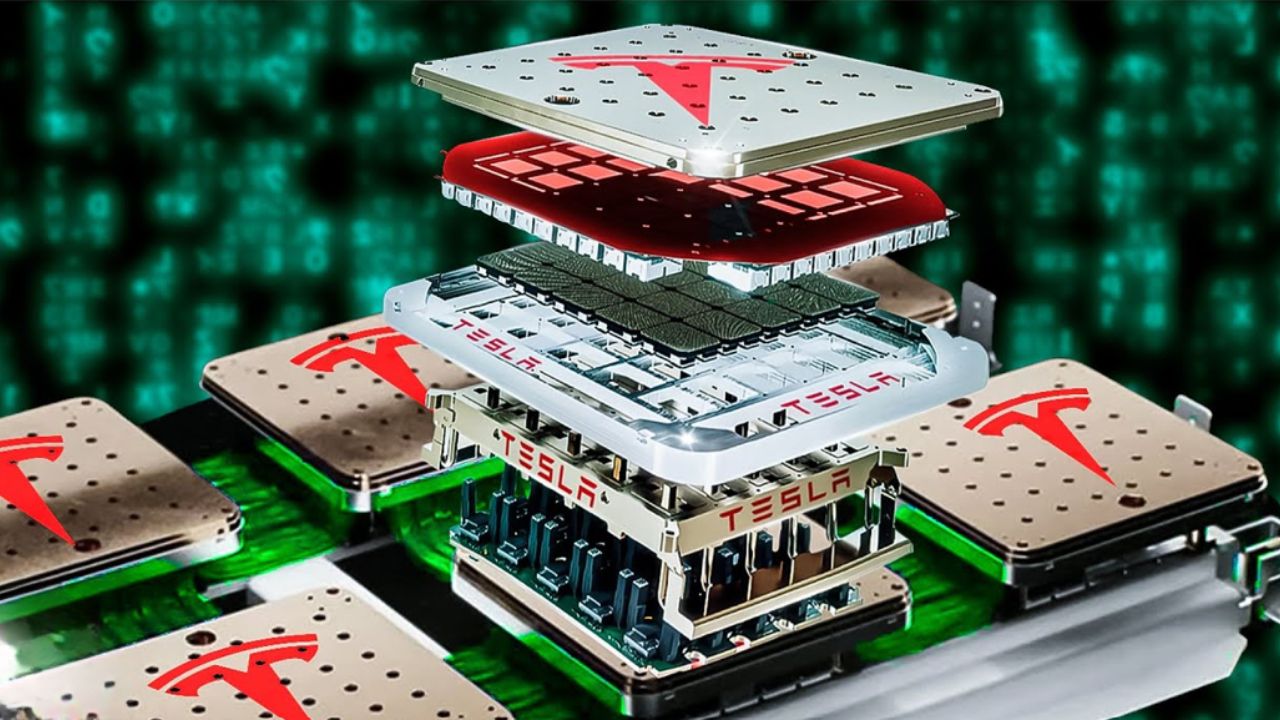
Tesla’s ambitious Dojo supercomputer project has been officially disbanded, marking a significant shift in the company’s AI strategy. Elon Musk addressed the decision, stating it “doesn’t make sense” to split AI chip focus. This decision comes amidst a broader strategic shift as Tesla re-evaluates its chip strategy, reflecting a significant change in the company’s approach to artificial intelligence.
The Rise of Dojo: Tesla’s Ambitious AI Vision
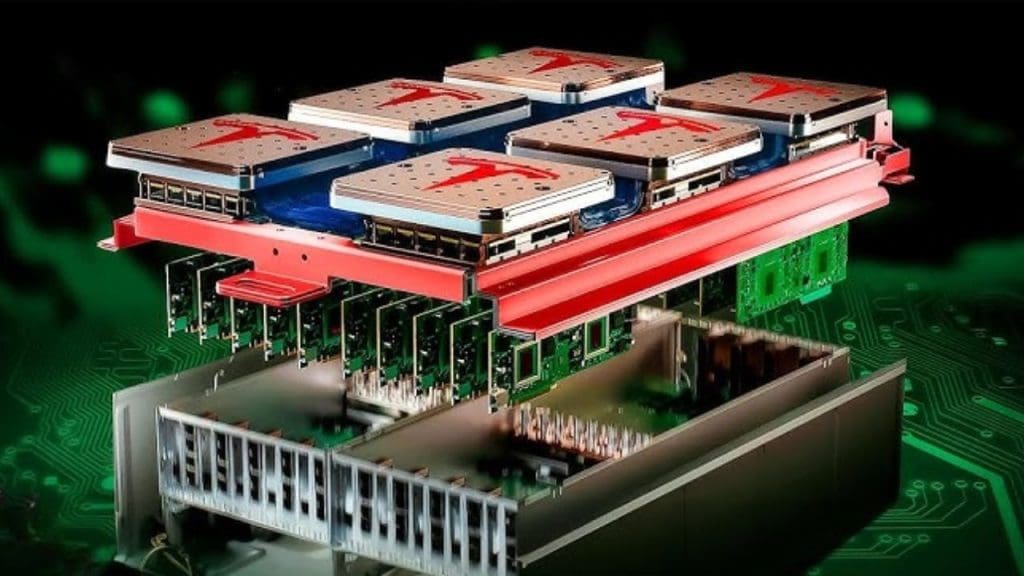
Tesla introduced the Dojo supercomputer with the goal of enhancing its AI capabilities, particularly in the realm of autonomous driving technology. The project was positioned as a groundbreaking effort within the tech industry, aiming to revolutionize AI computation. According to TechCrunch, Dojo was designed to process vast amounts of data more efficiently than existing systems, providing Tesla with a competitive edge in developing self-driving cars.
The initial investments and technological milestones in the Dojo project were significant, indicating Tesla’s commitment to advancing AI infrastructure. The company poured resources into developing custom chips and software, which were expected to set new standards in AI processing power. As reported by Startup Ecosystem, Dojo was not just a technological endeavor but a strategic move to position Tesla at the forefront of AI innovation.
Challenges and Strategic Shifts
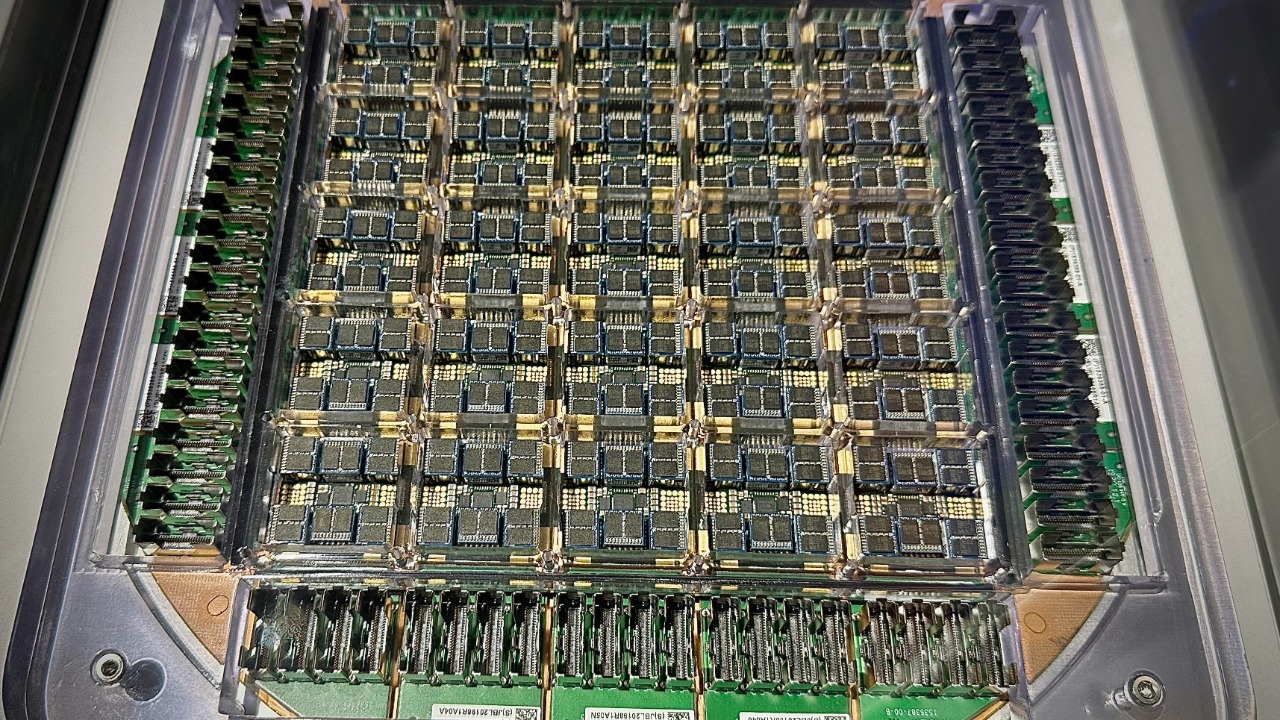
Tesla announced the discontinuation of the Dojo project, citing a strategic shift in its chip strategy. This decision underscores a significant reevaluation of Tesla’s priorities in the AI domain. According to Investors.com, the move reflects a broader realignment of resources towards a more unified approach in AI chip development, which Elon Musk emphasized as crucial for the company’s future.
Elon Musk’s statement highlighted the impracticality of dividing AI chip focus, implying a need for a more cohesive strategy. As reported by StockTwits, Musk’s comments suggest that the decision to disband the Dojo team was driven by a desire to streamline Tesla’s AI efforts and focus on areas with the most potential for impact.
The decision to halt the Dojo project is not without its challenges. Tesla faces the task of reallocating resources and talent that were previously dedicated to this ambitious initiative. According to Bloomberg, the company must now integrate these resources into other projects, ensuring that the expertise developed during the Dojo project is not lost but rather redirected towards enhancing Tesla’s existing AI capabilities. This strategic shift requires careful planning and execution to maintain momentum in AI development.
Furthermore, the strategic realignment involves reassessing partnerships and collaborations that were initially formed around the Dojo project. As noted by Investors.com, Tesla must navigate the complexities of transitioning its focus without alienating key stakeholders and partners who were invested in the success of Dojo. This includes renegotiating terms and finding new synergies that align with Tesla’s updated AI strategy. The company’s ability to manage these relationships effectively will be crucial in sustaining its competitive edge in the AI sector.
Implications for Tesla and the AI Industry
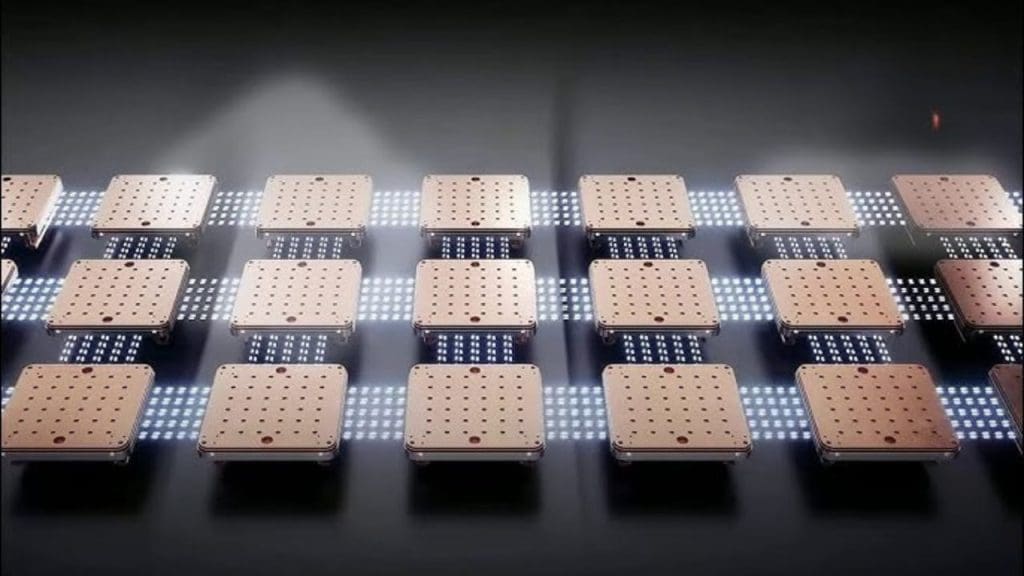
The dissolution of the Dojo project may impact Tesla’s position in the AI and autonomous vehicle sectors. Industry observers are debating the potential long-term effects on AI development and Tesla’s innovation strategy. According to Startup Ecosystem, the shutdown of Dojo could lead to a temporary setback in Tesla’s AI advancements, but it also opens the door for new strategic directions.
Speculation continues on Tesla’s next steps in AI technology and its future strategic direction. The decision to end the Dojo project has sparked discussions about how Tesla will continue to innovate in the AI space. As noted by TechCrunch, the company’s ability to adapt and refocus its resources will be crucial in maintaining its leadership in the rapidly evolving AI industry.
Elon Musk’s Perspective and Future Prospects
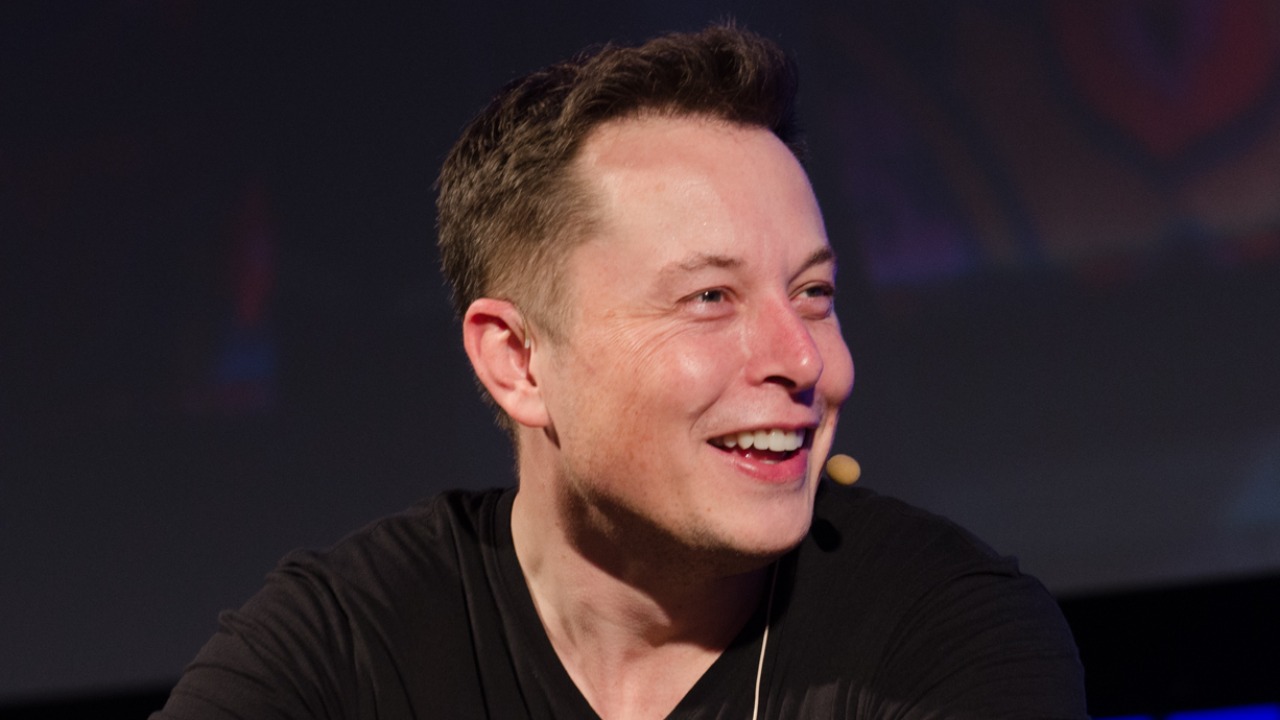
Elon Musk’s reaction to the Dojo project’s end underscores his focus on optimizing Tesla’s AI chip strategy. His statements suggest a forward-looking approach to Tesla’s AI endeavors, despite the setback. According to Bloomberg, Musk remains committed to advancing Tesla’s AI capabilities, with an emphasis on developing more efficient and powerful AI solutions.
The strategic pivot could lead to new innovations and developments in Tesla’s AI technology in the coming years. As the company shifts its focus, there is potential for breakthroughs that could redefine its role in the AI landscape. Startup Ecosystem highlights that while the end of Dojo marks the conclusion of one chapter, it also sets the stage for new opportunities and advancements in Tesla’s AI journey.